Minocycline
✅ Treats bacterial infections effectively
✅ Targets diverse bacteria types
✅ Acts rapidly
✅ Halts infection spread
✅ Enhances life quality
Minicycline contains Doxycycline
Product Description
Minicycline is a pharmaceutical preparation containing Doxycycline as its active component. It is formulated as oral capsules for administration.
Therapeutic Applications
This medication is indicated for the management of diverse bacterial infections. It demonstrates efficacy against numerous bacterial strains, including pathogens responsible for respiratory infections, genitourinary tract infections, dermatological conditions, and select sexually transmitted infections. The mechanism of action involves suppression of bacterial proliferation within the host organism.
Administration Guidelines
For optimal absorption, Minicycline should be ingested with copious water. Adherence to prescribed dosing regimens is essential. Typical administration involves once or twice daily dosing, contingent upon the specific pathological condition. To maximize bioavailability, consumption should occur either one hour preceding or two hours following meals.
Pharmacological Mechanism
Doxycycline, the principal active moiety, is classified among the tetracycline antibiotics. Its therapeutic effect is achieved through inhibition of bacterial protein biosynthesis, thereby arresting microbial replication. As a bacteriostatic agent, it facilitates host immune system clearance of existing bacterial populations.
Therapeutic Advantages
Minicycline provides multiple clinical benefits in antimicrobial therapy. Its broad-spectrum activity enables effective pathogen eradication, symptom resolution, and clinical recovery. By curtailing bacterial proliferation, it mitigates infection dissemination and potential complications. The medication contributes to improved health outcomes across various infectious disease states.
Adverse Effects
While generally well-tolerated, potential adverse reactions may include gastrointestinal disturbances (nausea, emesis, diarrhea, epigastric discomfort, anorexia). Photosensitivity reactions may occur, necessitating sun protection measures. Rare but serious effects include hypersensitivity phenomena and hepatotoxicity. Immediate medical consultation is advised for severe or unusual reactions.
Dosage Protocol
Therapeutic dosing is condition-specific and should be determined by a qualified healthcare practitioner. Strict adherence to prescribed regimens is mandatory, including completion of the full therapeutic course regardless of symptomatic improvement. Dose modification or discontinuation should only occur under medical supervision.
Precautions
Caution is warranted in patients with hepatic or renal impairment. Significant drug interactions may occur with antacids, anticoagulants, and hormonal contraceptives. Comprehensive medical history disclosure, including concomitant medications and supplements, is essential prior to initiation. Contraindicated during pregnancy and lactation due to potential fetal/neonatal toxicity.
Storage Conditions
Maintain at ambient temperature (15-30°C) in a dry environment protected from light exposure. Ensure secure storage inaccessible to pediatric and animal populations. Discard compromised packaging or expired product appropriately in accordance with local pharmaceutical waste regulations.
Disclaimer: This information serves educational purposes exclusively and does not constitute medical advice. Consult a healthcare professional for individualized therapeutic recommendations.
| Strength | 100 mg |
|---|---|
| Quantity | 30 Tablet/s, 60 Tablet/s, 90 Tablet/s |
| Pharma Form | Capsule/s |
| Manufacturer | Shreya Life Sciences |
| Treatment | Bacterial infections |
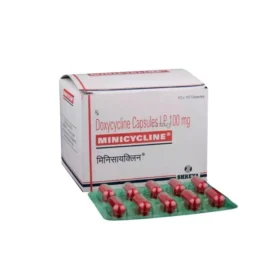 Minocycline
Minocycline









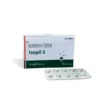
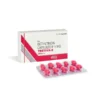


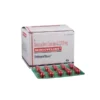
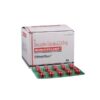

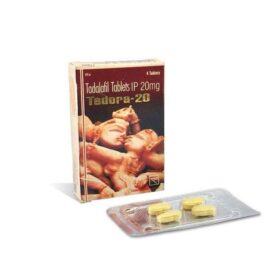
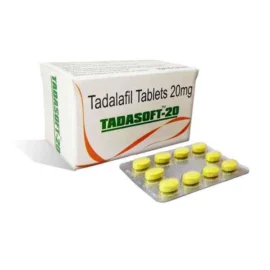
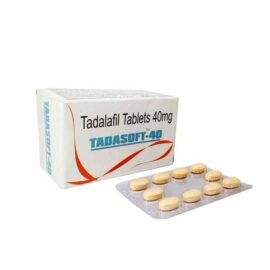
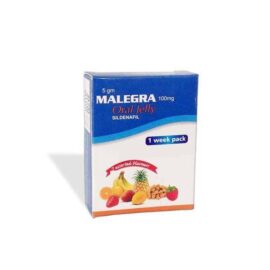



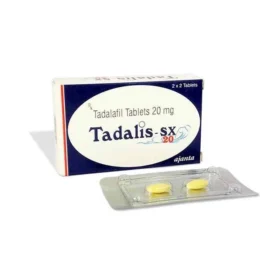
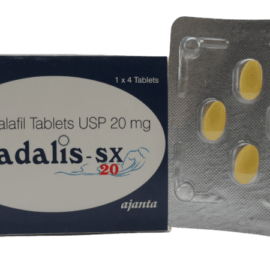
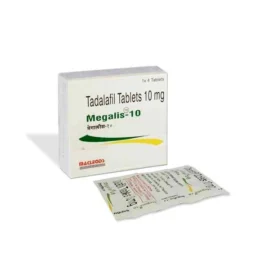
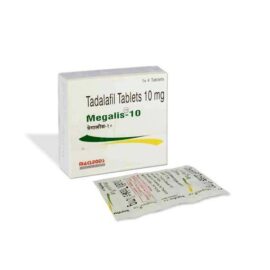
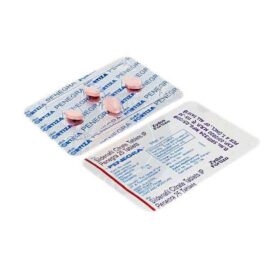
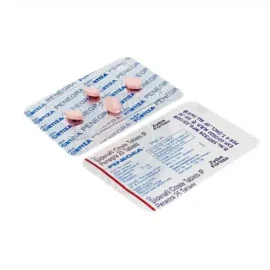


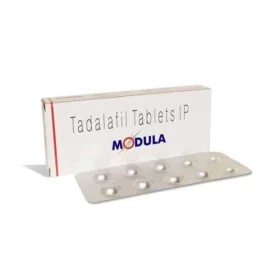
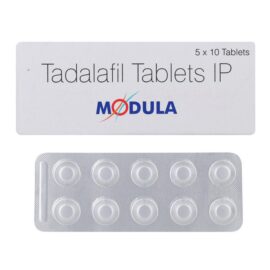


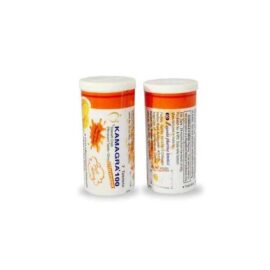


Reviews
There are no reviews yet